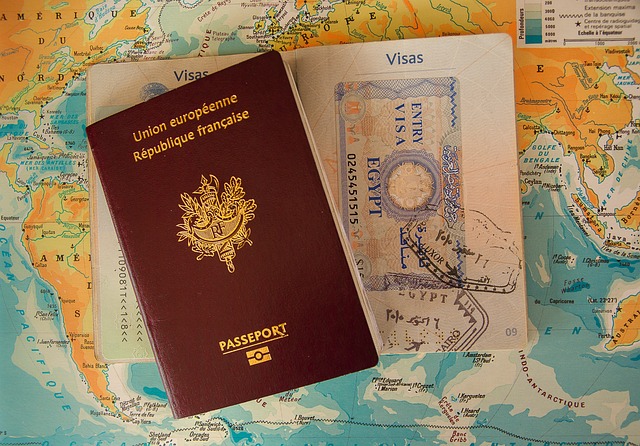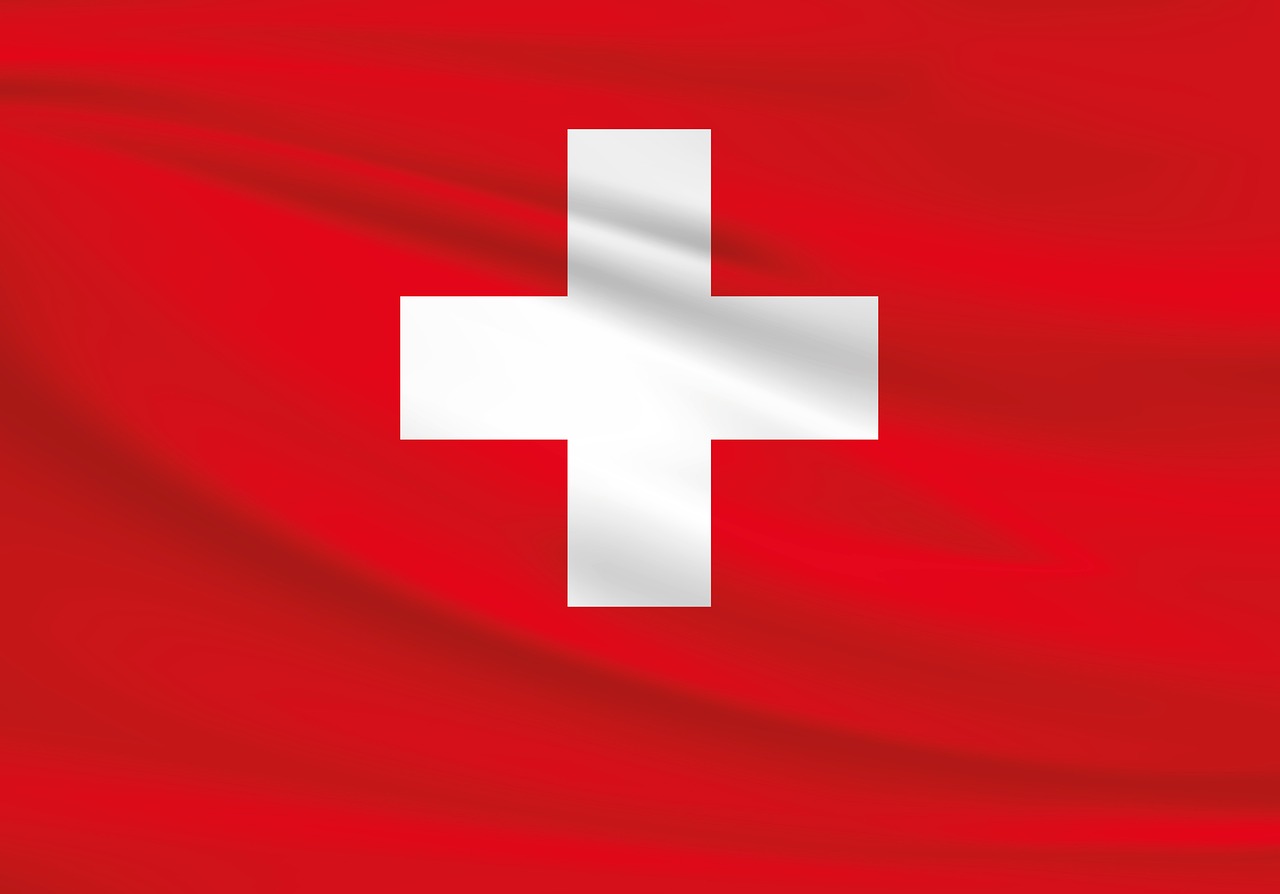Student Visas: Studying in Switzerland

Switzerland is renowned for its high-quality education system, world-class universities, and stunning landscapes, making it an attractive destination for international students. Whether you’re pursuing a bachelor’s, master’s, or PhD, studying in Switzerland offers a unique opportunity to gain a top-tier education while experiencing a rich cultural environment. However, before you can embark on this exciting journey, you’ll need to navigate the student visa process. This guide provides a comprehensive overview of the requirements, application process, and tips for obtaining a student visa to study in Switzerland.
1. Why Study in Switzerland?
High-Quality Education:
Switzerland is home to some of the world’s top universities, including ETH Zurich and the University of Zurich, known for their excellence in research and innovation.
Multilingual Environment:
Switzerland has four official languages (German, French, Italian, and Romansh), offering a unique opportunity to learn or improve your language skills.
Cultural Diversity:
With a high percentage of international students and residents, Switzerland is a melting pot of cultures and ideas.
Stunning Landscapes:
From the Alps to pristine lakes, Switzerland offers breathtaking scenery and outdoor activities.
Career Opportunities:
A Swiss degree is highly respected globally, and the country’s strong economy provides excellent job prospects.
2. Types of Student Visas
The type of visa you need depends on the duration and nature of your studies:
Short-Term Visa (Schengen Visa):
- For courses lasting less than 90 days.
- Allows travel within the Schengen Area.
Long-Term Visa (National Visa):
- For courses lasting more than 90 days.
- Required for full-degree programs or long-term research.
3. Eligibility Criteria
To apply for a Swiss student visa, you must meet the following requirements:
- Admission to a Swiss Institution: You must have an acceptance letter from a recognized Swiss university or educational institution.
- Financial Proof: Demonstrate that you have sufficient funds to cover tuition fees and living expenses (approximately CHF 21,000 per year).
- Health Insurance: You must have valid health insurance coverage for the duration of your stay.
- Language Proficiency: Depending on the program, you may need to prove proficiency in the language of instruction (German, French, or English).
- Clean Criminal Record: Provide a police clearance certificate.
- Accommodation Proof: Show evidence of where you will live during your studies.
4. Application Process
Step 1: Apply to a Swiss University
- Research and apply to your chosen Swiss university or institution.
- Once accepted, you will receive an official admission letter, which is required for your visa application.
Step 2: Gather Required Documents
Prepare the following documents:
- Completed visa application form.
- Valid passport (with at least 6 months validity).
- Passport-sized photos.
- Admission letter from the Swiss institution.
- Proof of financial means (bank statements, scholarship letters, or sponsorship documents).
- Health insurance confirmation.
- CV/resume.
- Motivation letter.
- Academic transcripts and diplomas.
- Language proficiency certificates (if required).
- Police clearance certificate.
- Proof of accommodation.
Step 3: Submit Your Application
- Submit your visa application to the Swiss embassy or consulate in your home country.
- Pay the visa application fee (approximately CHF 88–150).
Step 4: Attend an Interview
- Some embassies may require an interview as part of the application process.
Step 5: Wait for Approval
- Processing times vary but typically take 8–12 weeks.
- Once approved, you will receive a visa to enter Switzerland.
Step 6: Register in Switzerland
- After arriving in Switzerland, you must register at the local municipal office (Einwohnerkontrolle) within 14 days.
- Apply for a residence permit if your program lasts longer than 3 months.
5. Working While Studying
International students in Switzerland are allowed to work part-time during their studies:
- During Semesters: Up to 15 hours per week.
- During Semester Breaks: Full-time work is permitted.
However, finding part-time work can be competitive, and proficiency in the local language (German, French, or Italian) may be required.
6. Post-Study Opportunities
Job Seeker Visa:
- After completing your studies, you can apply for a 6-month job seeker visa to look for employment in Switzerland.
Work Permit:
- If you secure a job, your employer will need to apply for a work permit on your behalf.
7. Tips for a Successful Visa Application
- Start Early: Begin the application process at least 3–4 months before your intended start date.
- Be Thorough: Ensure all documents are complete and accurate.
- Show Financial Stability: Clearly demonstrate your ability to support yourself financially.
- Learn the Language: Basic knowledge of the local language can strengthen your application and help you settle in.
- Seek Guidance: Consult your university’s international office or the Swiss embassy for assistance.
8. Cost of Living in Switzerland
Switzerland is known for its high cost of living. Here’s an estimated breakdown of monthly expenses:
- Accommodation: CHF 600–1,200 (depending on location and type).
- Food: CHF 400–600.
- Transportation: CHF 50–100 (student discounts available).
- Health Insurance: CHF 100–300.
- Miscellaneous: CHF 200–400.
9. Scholarships and Financial Aid
Switzerland offers various scholarships for international students, including:
- Swiss Government Excellence Scholarships: For postgraduate researchers.
- University-Specific Scholarships: Offered by individual institutions.
- External Scholarships: Provided by organizations like the Swiss National Science Foundation (SNSF).


